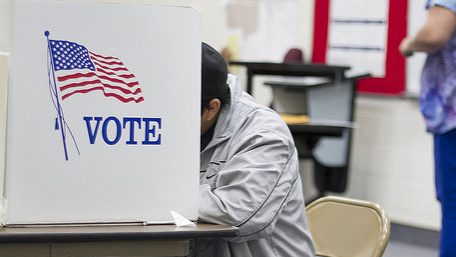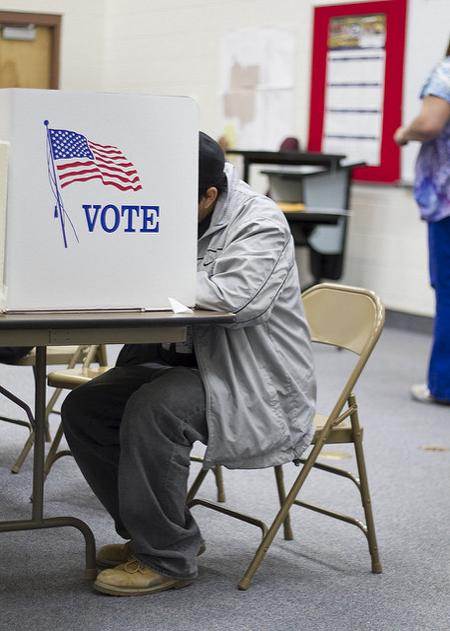State Agrees Not To Enforce “Gag Order” Law Against Local Officials
U.S. District Court judge says the law is so vague it’s impossible to enforce.

A federal judge has approved a settlement to end litigation over a state law that stopped local officials from talking about ballot questions.
The law adopted late last year said local officials can’t use public resources to communicate on ballot questions. Local officials challenged the law and won a preliminary injunction.
Chris Hackbarth of the Michigan Municipal League says the practical effect of the law was to intimidate local officials from speaking out at all on ballot issues.
“It really put a gag order against elected officials in local government in communicating even the slightest information on a local ballot question,” he said. “They have a right and a duty to communicate with their constituents very basic, objective information on what’s going on in their communities.”
Republicans in the Legislature pushed the measure because they said local officials were abusing their communication privileges.
U.S. District Court Judge John O’Meara said the law is so vague it’s impossible to enforce. This agreement makes that decision permanent. Michigan Secretary of State spokesman Fred Woodhams noted the department took no position when the bill was debated by the Legislature.
“The language dealt with a prohibition on public funds for communications related to local ballot questions,” he said. “We appreciated the opportunity to work with the court and other parties to resolve the case and will fully comply with the order.”
Another state law already prohibits public resources being used to advocate for or against ballot questions. The settlement comes as about 100 local ballot elections are to take place Tuesday in 60 counties across Michigan.

